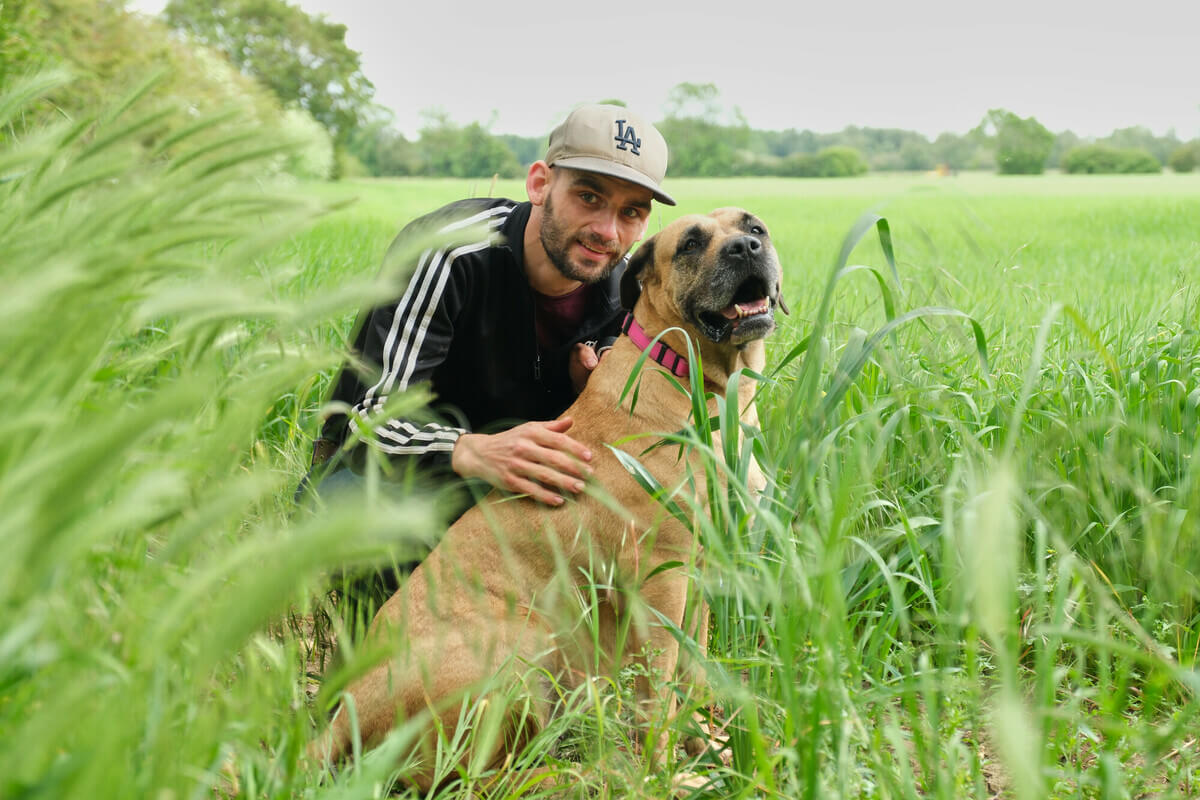10 October 2023
The transformed Homelessness Supported Pathway is helping people to sustain progress with their recovery before moving into long-term homes.
Listening to the voices of people who have experienced homelessness and learning from their unique insight has transformed the way in which local services help those without a home in Bournemouth, Christchurch and Poole.

Established 10 years ago, the Homelessness Supported Pathway – a two-stage process that supports people experiencing homelessness to begin their journey to recovery – has been reduced to just one step after the model was re-shaped and customised by people who had previously lived in supported services.
The streamlined process has cut the number of assessments, lowered some service charges and reduced the need to move clients between organisations.
This has helped people to settle, with increased provision for their pets, and build stronger relationships with services to sustain progress with their recovery before moving into long-term homes.
World Homeless Day
The improvements are being shared to mark World Homeless Day on 10 October – a global initiative that throws the spotlight on the needs of people experiencing homelessness and encourages communities to get involved, focusing on improving policies and funding.
Adults experiencing homelessness with high support needs are assisted by the Homelessness Support Pathway after being referred via a central hub.
Medium-term accommodation is provided, some of which offers 24-hour support. Services involved in the pathway include Bournemouth YMCA, south west-based charitable housing association BCHA and Pivotal Housing.
Local services were in “100% agreement” about transforming the Homelessness Supported Pathway after listening to opinions at meetings of the Oracle Group.
The BCP-based group brings together people who have experienced all forms of homelessness – from rough sleeping to sofa surfing and living in temporary accommodation – providing a space to air their views about how homelessness services can be tailored to meet their needs.
Councillor Kieron Wilson, Portfolio Holder for Housing and Regulatory Services, said: “Listening to feedback from people with lived experience of homelessness is invaluable, empowering services to transform their offering to fit the precise needs of clients.
“While the pathway has a proven track record in helping people to recover from homelessness and substance misuse, members of the Oracle Group played a critical role in highlighting areas where improvements would make a tangible difference to those taking the first steps towards getting their lives back on track.”
Overcoming barriers to recovery
Additionally, changes tackled barriers that were found to be acting as obstacles to clients’ recovery. Successes include:
- Three services reduced their service charges by 50%. This meant that 71 people benefitted from seeing their service charge halved.
- Pet provision – in particular dogs – increased from one service to seven. Overall capacity for people with pets rose from four to 10, a 150% increase.
- Provision for couples expanded across all services, rising from one service to nine.
Prior to the changes, clients of the Oracle Group spoke of being “exhausted” when regularly moving between services, having built a rapport with support workers – then having to tell their story again to new staff after “moving on every three to six months”.
One Oracle Group member said: “Re-telling experiences over and over to multiple services can be re-traumatising. It takes a long time to build trust”. Another added: “Being asked 101 questions each time makes me feel like I’m on trial.” One client pointed out that recovering from substance misuse “needs recovery time, not constant moving around services”.
Following changes to the Homelessness Supported Pathway, one service user said: “I feel better – I’ve got to know the staff, feel more at ease and settled, knowing I won’t need to move on until I’m moving into my own place.”
A client commented: “I definitely think the pathway that is now in place is for the best. Being in a safe place is helping me on the path that I’m on.” Another summed-up: “I can now see there is light at the end of the pathway.”
Image credit: Centre for Homelessness Impact


